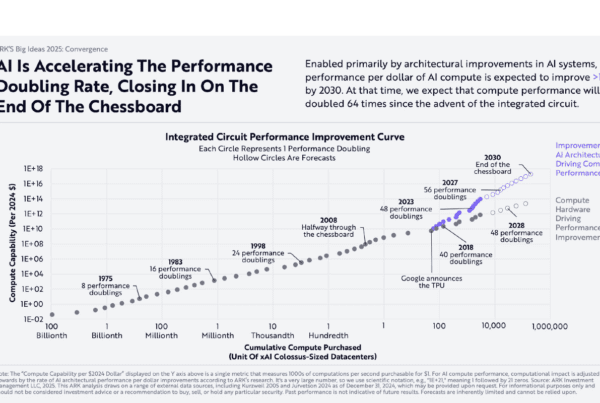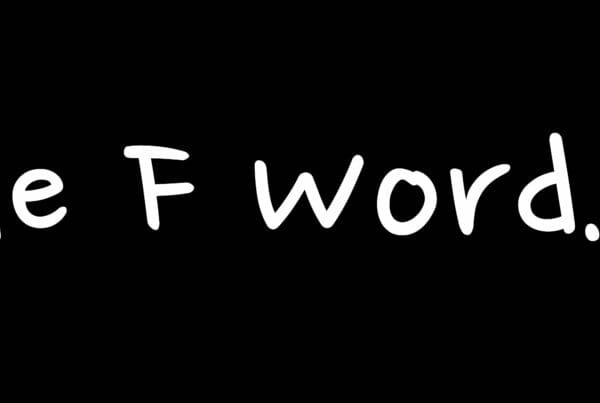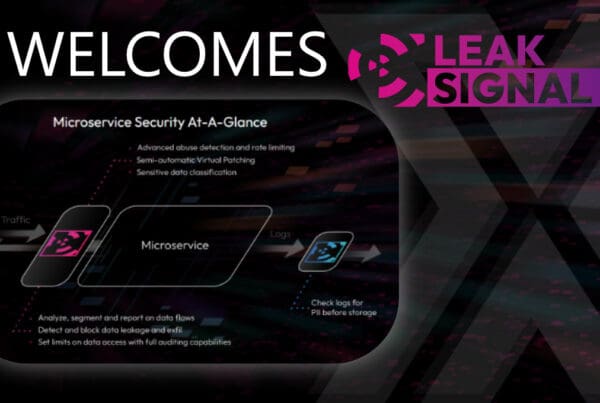While we’d love to say differently, we were not anticipating that a pandemic would dominate 2020. The scope and impact of this crisis caught us—and our portfolio companies—off-guard, upending professional and personal lives to an exponential degree.
However, as we began to make sense of the situation, we realized that some of the things we picked up while serving in the military could help us and our founders respond. There is certainly no pandemic playbook for Venture Capital firms or technology startups. But we’re doing our best to support our founders through this challenge, and committed to improving our process and readjusting as we go.
Here are some of the lessons we’ve learned so far:
Separate the signal from the noise. We’re taught this in the military, and now it’s more important than ever. Between Twitter, the media, government officials, friends and family, we are overloaded with inputs regarding what is happening and what will happen. It’s easy to get distracted, and we’ve fallen into this trap at times over the past six weeks. To combat this, we’re working hard at TFX to focus on the facts. We’re stressing the same thing with our founders—advising them to continue gathering information, talking to subject matter experts (preferably those who were in critical roles in 2008-2009), and settle into a continuous process of iterating and working the problem. We’re also helping provide facts and actionable information when we can. For example, we’ve researched the Payroll Protection Program, called bankers, and consulted with legal counsel to find the facts about federal assistance options for our portfolio companies.
Leverage your network. Trying to navigate a crisis of this size alone is too much of a burden for anyone. We have humbly reached out to our investors, advisors, and other network leaders to gather their feedback on the current state, what they are seeing and doing, and how we can help. Inevitably, this results in a new data point or perspective for us—and guidance we can pass along to our startups. In one instance, we were able to coordinate a panel of investors within our network who had experienced the last two recessions. They could speak to what happened then to startups, and what founders might expect now. We’ve since relied on our network to offer additional guidance to our startups on financial planning, talent engagement, mental health, and more. Founders should take a similar approach: No one person has all the answers, but the chances are high that there are experts in your network, from investors to board members to mentors, who can provide insights and context to help you make better decisions.
Don’t just communicate—over-communicate. In the military, effective, efficient communication does more than ensure everyone is on the same page; it saves lives. As the COVID-19 crisis evolved, we realized that strong communication between our own team and with our founders would be essential. Communicating early and often has allowed us to call out potential issues before they become significant problems, and respond quickly to concerns and questions. We’ve leveraged our Slack channel with our founders to help us stay in easy contact. Employing an OODA loop (observe-orient-decide-act) can also help facilitate action in situations that are in flux. This is something those who have been in the military may be familiar with; you work with the information you have, make decisions quickly, and repeat.
Taking care of yourself is key. The temptation is to “work harder” for our founders, investors, and families. However, we can end up spreading ourselves too thin and diminish our overall combat effectiveness. The military taught us to get up early every day, exercise, get dressed, show up on time, and do our best. The same applies now. We cannot be our best for any of our stakeholders if we are out of shape, not getting enough sleep and mentally exhausted. Most of our founders realize the same. And we want to help them maintain. To that end, we’re providing them with mental health counseling sessions and a 90-day executive coaching package (at no cost). This is a long fight. We all need to focus on our physical and mental health upfront, and not a year from now when the “new normal” finally settles in.
With our firm being relatively new—we started just five years ago—we’re continuing to learn as we go. And while we’ve certainly made some mistakes, from misreading information to reacting too slowly to certain events, we’re committed to living these lessons for as long as they apply. We want to get better every day and now is no different.
The COVID-19 crisis promises to teach us a lot about public health, the economy, and even how we approach our business and life. In the meantime, we can limit the damage by staying informed, utilizing our networks, communicating often and taking good care of ourselves and others.



